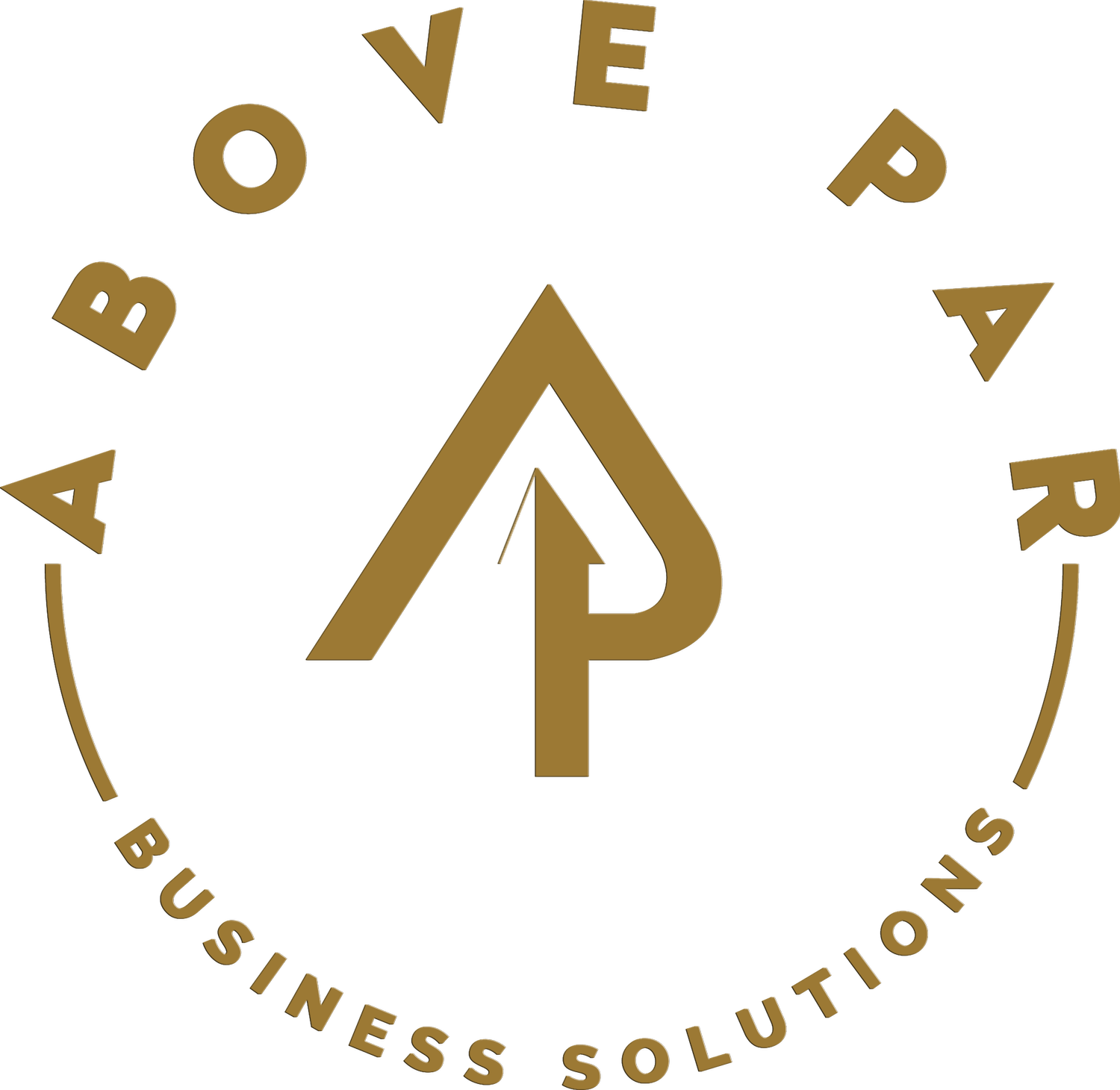Does Hourly Rate Accounting Encourage Inefficiency?
Flat Rate vs. Hourly Rate Accounting... What should you choose when looking for a new bookkeeper or accountant? The hourly rate billing method has been the standard by which the accounting industry has been built. Most people want to make sure their accountant doesn't overcharge, and an hourly rate implies that you are getting exactly what you pay for in terms of your accountant’s time. However, is it really the most cost-effective option? There may be more drawbacks than benefits. Consider how hourly rate billing might actually encourage inefficiency, and in extreme cases, can even encourage dishonesty.
It's a universal understanding that in business, the primary goal is to create revenue. While CPAs are required by the state to uphold a high ethical standard (and bookkeepers and other non-degreed accounting professionals should too), it does not erase the fact that their goal in business is the same as any other...to MAKE MONEY. Technology has improved so much over the past decade that bookkeeping, accounting, and tax preparation services can take a fraction of the time to complete than they did a decade ago. Improvements such as bank syncing, account mapping, bulk reclassification tools, auto payments, and cloud-based software have also helped to vastly improve accuracy. By upgrading platforms and incorporating automation, accountants risk losing billable hours on existing clients. If they lose billable hours, they would need to put more effort into finding new clients to fill those hours lost. Even if accountants are willing to boost their marketing efforts, there is no guarantee that they will get new clients quickly. This situation leaves the door open for accountants to take longer working on your account than necessary, and in extreme situations, may even tempt them to be dishonest about the number of hours worked on your account. It would be great to think that this never happens, but the situation leaves the door open to the possibility.
In contrast, the Flat Rate billing model provides two benefits:
It encourages efficiency on the part of the accountant.
It provides a more reliable cost for clients.
Flat rate pricing rewards your accountant for working efficiently. As opposed to hourly rate fees, which reward your accountant for the time they spend on your file, flat rate fees encourage streamlined and efficient work. Using this model, your accountant can feel free to work as efficiently as possible without sacrificing revenue. It can also free up time for them to do more complex tasks, such as budgeting, forecasting, trend reporting, and asset management on a more regular basis.
As the client, you may be worried about paying a flat rate. What if the accountant is not spending as much time as you expect for the rate? Firstly, ask yourself if it is the actual TIME they spend on the account that matters, or is it the VALUE you get for the cost? If you still aren't sure if flat rate billing is the right option for you, let the prospective accountant know your hesitation. Most accountants offering flat rates will outline the exact tasks they will complete for the price. The monthly rate should also factor in periodic tasks, such as 1099 filings, sales tax filings, tax planning, etc. Flat-rate tax preparation is also an option offered by many accountants.
Flat-rate clients often get more for their money because expectations regarding the cost and service quality are determined ahead of time. Providing VALUE is the key to this billing method. If clear expectations are set ahead of time, you can feel confident that you’ll incentivize your accountant to work efficiently and effectively on your account.
by Heather Richard
Above Par Business Solutions, LLC


